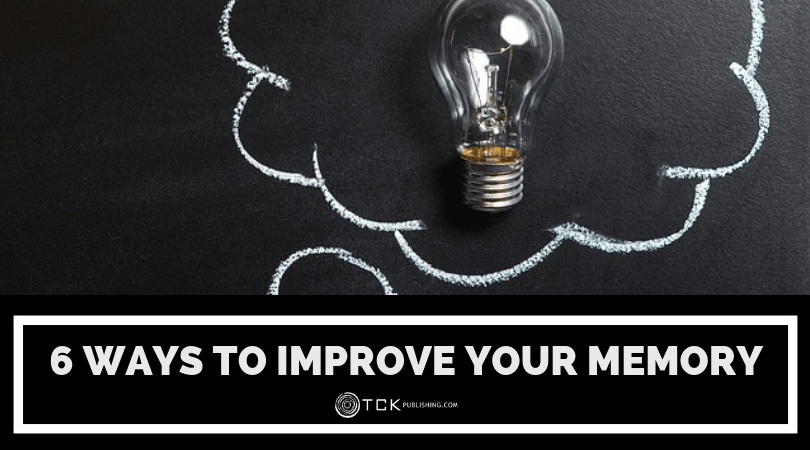6 Tips for Memory Improvement
It may seem far-fetched, but it’s possible to improve your memory. You may find yourself forgetting where you dropped an item, the name of the last person that introduced themselves in the group, or some important point during an exam. This can cause a bit of frustration, especially when you don’t know how to navigate the situation.
Thankfully, there are a number of things you can do to make your memory better. Here are six important tips that you should follow for memory improvement
-
Structure and organize
This is both a long-term and short-term tip. A lot of times, when we try to retain information in the memory, we do it haphazardly. The best way to retain information is when they are structured and organized in related clusters. When information is categorized, you make it easier for your brain to remember them in clusters and trigger them when you need to recall.
Endeavor to organize and structure your study materials or information in the best possible way. You may decide to group information according to similarity in concepts, or outline them together while studying them.
-
Focus your attention
Attention and memory work hand-in-hand. To be able to effectively convert information in the short-term memory to long-term memory, you’ll have to pay adequate information to it. The best way to focus your attention on the information you’re trying to take in is to remain in distraction-free areas. Distractions like noise, chatter, or music may divert your attention away from what you need.
It’s also important to note that distractions have quickly become a part of life, so it may not be the easiest task to stay away from it. It requires intentional effort to constantly stay focused in a world where distractions are everywhere.
-
Get more sleep
One age-long secret that researchers have revealed is that sleep is very important to the brain, particularly for memory and learning purposes. Research has shown that taking a nap after you learn something new can actually help you learn faster and remember better.
A study from 2014 shows that sleeping after learning something new can lead to physical changes in the brain and how it works. However, being sleep-deprived may lead to less dendritic growth which may affect the way we retain information in our memory.
Ensure that you get the recommended 6 to 8 hours sleep each day to help your memory improve greatly.
-
Take Tropoflavin supplements
Tropoflavin is one naturally-occurring flavonoid that’s found in a number of plants found, specifically in the genus Sophora. Tropoflavin has a number of attested usages for the body, particularly the brain, and they include antioxidant, anti-inflammatory agents, sleep aid, and anxiety reduction usages.
Tropoflavin is also understood to be a great solution to making healthy brain cells that improve memory. Adding tropoflavin nootropics supplements in your day-to-day meals will improve your memory and give it the support it needs because it has the ability to block harmful chemicals from going into the brain.
-
Visualize
This is another important tip that can help both short-term and long-term memory. A lot of people benefit significantly from visualizing the information they study. Pay attention to charts, photos, and other important graphics while studying or trying to retain information.
It’s not in all situations that you get visual cues that can help. In those cases, it’s important to create your own form of visualization. You can draw charts, number the things you need to remember, highlight in grouping colors, and create margins relating to the ideas you’ll want to remember.
-
Pay more attention to the difficult aspects
You may notice that you remember some parts of a piece of information faster than others. The reason for this may either be that the parts remembered are the simpler aspects or because they came last while trying to learn that piece of information.
Research has shown that the order of information we take into our memory can play an important role in the recall. This is referred to as the serial position effect. Most times, recalling the middle information can be demanding, but by paying more attention to those aspects, you can overcome that problem. Spend more time learning and rehearsing the tougher parts of the information.
References:
Nootropic (n.d) Retrieved from Medical Dictionary Website: https://medical-dictionary.thefreedictionary.com/nootropic
Nootropic agents (n.d) Retrieved from Medical Dictionary Website: https://medical-dictionary.thefreedictionary.com/Nootropic+agents
Sleep promotes branch-specific formation of dendritic spines after learning (2014): Retrieved from Science.org Website: https://doi.org/10.1126/science.1249098
